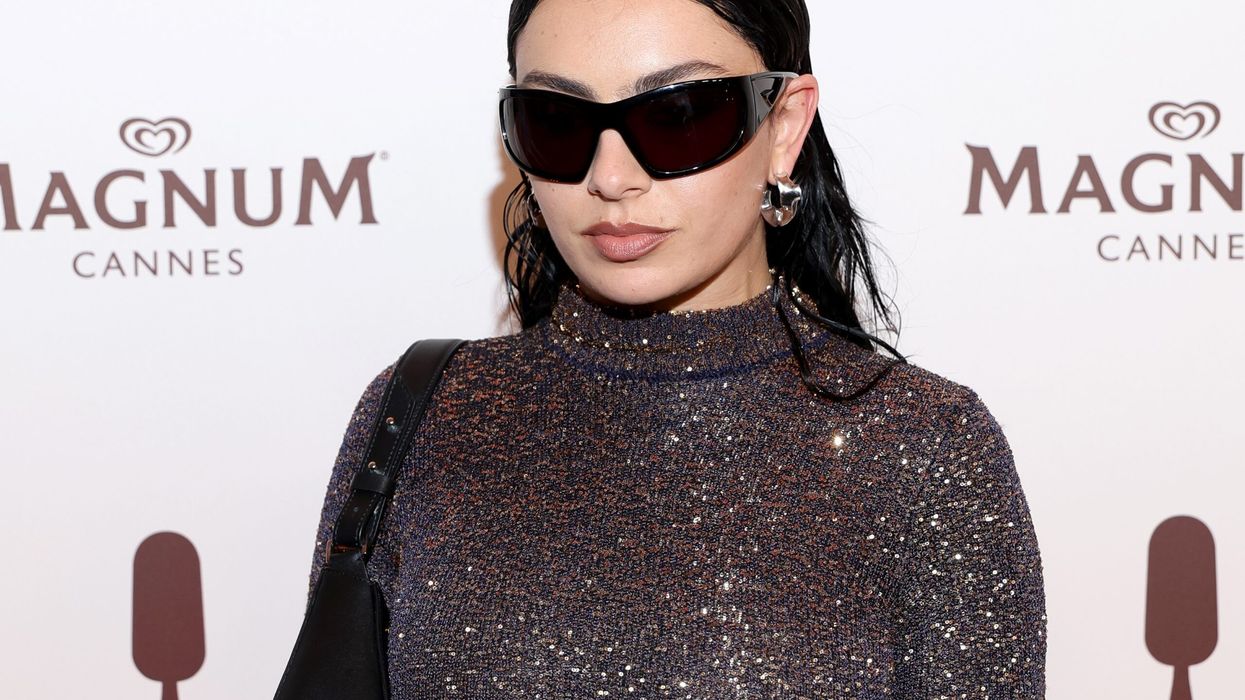Pop sensation Charli XCX has recently opened up about how she has often been told that she is an outsider and that she never really felt accepted into the British music industry, despite her significant global success.
In a candid interview with The Guardian, the singer-songwriter said, “The industry has changed a lot. I’ve been told for so long that I’m an outsider and I never really felt accepted into the British music scene. The press has perpetuated that narrative of me. I’m this girl who straddles the underground and pop music, and that, for some reason, is really difficult for some people to wrap their heads around.”
Charli, born Charlotte Aitchison to an English father and an Indian mother, who came from a Gujarati family in Uganda, is renowned for her genre-blending sound and boundary-pushing music. She has also written several hits for other people – Icona Pop’s “I Love It”, Camila Cabello and Shawn Mendes’ global hit “Señorita” to name a few.
One of the most commonly asked questions of musicians who write songs for other people is whether they wish they’d kept hit songs for themselves. When asked about the same, she told the publication, “If I don’t keep a track, it’s because I don’t like it.”
Read Also: Sonu Nigam receives NISAU’s honorary fellowship
Does she know what is going to work and what is not? “Never.”
Charli's innovative style and willingness to experiment have earned her a dedicated fan base and respect from peers worldwide. Yet, she emphasized that her worst nightmare would be someone hearing what she sounds like without Auto-Tune. “I have to say: I can’t sing but trust me it will be good,” she said.
Meanwhile, Charli is looking forward to her sixth studio album, Brat, which is scheduled to release on June 7, 2024.




